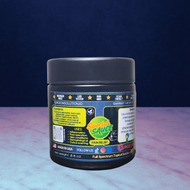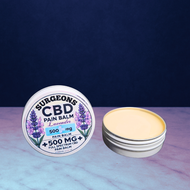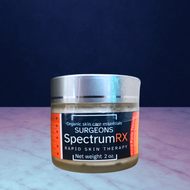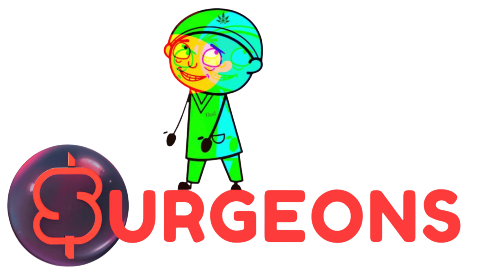Surgeons Online Cannabinoid Academy
What is CBD (cannabidiol)?
What is CBD?
CBD, short for cannabidiol, is a natural compound found in the cannabis plant and is one of the most well-known cannabinoids. Unlike THC, which is the primary psychoactive compound in cannabis, CBD is non-intoxicating and does not produce a “high.” This quality makes CBD an appealing option for individuals seeking wellness benefits without mind-altering effects. Derived from hemp or cannabis plants, CBD is extracted and used in various products to support overall wellness, offering potential relief from stress, discomfort, and more.
How CBD Works with the Endocannabinoid System
CBD interacts with the body’s endocannabinoid system (ECS), a complex network of receptors that helps maintain balance and regulate functions like mood, sleep, and immune response. Unlike THC, which binds directly to cannabinoid receptors, CBD indirectly influences these receptors, promoting balance and supporting wellness without producing psychoactive effects. By working with the ECS, CBD may enhance the body’s natural ability to manage stress, discomfort, and other wellness needs.
Benefits of CBD
CBD has gained recognition for its potential to support various aspects of wellness. One of its most popular uses is stress relief, with many people using CBD to promote relaxation and a sense of calm. Additionally, CBD may aid in pain management by reducing inflammation, making it useful for those dealing with discomfort from exercise or chronic conditions. CBD is also often used to improve sleep quality, as it can help ease the mind and body, making it easier to fall asleep and stay asleep. Beyond these benefits, CBD may support mental well-being and overall physical recovery, providing a holistic approach to wellness.
Different Forms of CBD Products
CBD comes in various forms, each with its own benefits and methods of use. CBD oils and tinctures are popular for their flexibility in dosing and quick absorption, while capsules and edibles offer pre-measured doses for convenience. Topical products like creams and balms are applied directly to the skin, providing targeted relief for specific areas. These different forms allow users to choose a method that best aligns with their wellness goals, whether it’s full-body relaxation, targeted support, or daily maintenance.
Potential Side Effects and Safety Considerations
CBD is generally considered safe, with mild side effects reported by some users, including dry mouth, dizziness, and occasional changes in appetite. To ensure a positive experience, it’s advisable to start with a low dose and gradually adjust as needed. Additionally, consulting a healthcare provider before starting CBD is recommended, especially for individuals taking other medications, as CBD may interact with certain drugs.
Conclusion
CBD offers a range of potential benefits, from stress relief and sleep support to physical recovery. Its non-intoxicating nature makes it an accessible choice for those seeking natural wellness solutions. By understanding what CBD is, how it works in the body, and the different forms available, users can make informed choices to incorporate CBD into their wellness routines with confidence.









